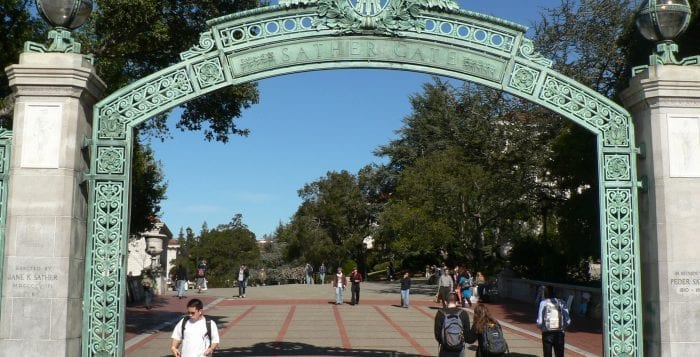D. None of the Above: Misdirected Fear of New Virus Is Not Acceptable
By Daniel Dunaief

Fear can be a great motivator. Fear of failing a test can lead someone to study harder, to pay attention in class and to do whatever is necessary to learn the material.
In many movies, the lead character has to face his or her fears to accomplish something. Luke Skywalker from the “Star Wars” films had to face his father, Darth Vader, to become a Jedi.
Fear, however, can also bring out the worst in people, especially when that fear is misplaced and misdirected.
Last week, the University of California’s Tang Center, in Berkeley, listed a set of normal reactions to the new coronavirus on its Instagram account. Among other reactions, like feeling anxiety, worry or panic, the school suggested that xenophobia, or “fears about interacting with those who might be from Asia” was also normal. The Instagram post went on to add that having “guilt about these feelings” was normal, too. Chances are, if you’re feeling guilty about a feeling, it’s probably misdirected and uninformed.
Amid an enormous backlash from alumni at the school, whose current freshman class is about 43 percent Asian, the university has since apologized and taken down the post.
The school hopefully learned, and also offered a valuable lesson.
People in the United States are no more likely to contract a virus that currently has a 2 percent mortality rate from an Asian person than they are from anyone else who is sniffling and coughing.
In fact, at this point in the year, someone near you who is sneezing, coughing or looks sick is exponentially more likely to have the flu.
Yes, the vast majority of the almost 25,000 cases of the coronavirus — with about 3,200 critical — are located in China and, yes, many countries, including the United States, have taken strong steps to limit the possibility of turning this epidemic into a pandemic, causing the virus to spread to two or more continents.
Where someone’s ancestors come from, or where they themselves were born, is much less relevant than where they themselves have traveled in the last two weeks.
And, on top of that, even if someone — Asian, Caucasian, African American, Native American or otherwise — has been to Asia in the last month, if that person has been back in the United States for more than two weeks without showing any signs of illness, then he or she falls into the same category as anyone and everyone else with whom we ride the Long Island Rail Road, sit in a movie theater or stroll through a mall. The mandatory quarantine period for people returning from Wuhan, the Chinese center of the outbreak, is two weeks.
Fear of this virus shouldn’t encourage any of us to avoid people with a specific heritage because the virus doesn’t care about the small genetic differences that create races. It only seeks the receptor in our cells that allow it to get inside and cause respiratory infections.
So, how do we manage our fear of the virus? We tackle it the same way we do our fear of getting a flu. We wash our hands regularly, we try not to touch our face, and we don’t shake hands with anyone who has a stuffy nose or is coughing.
We can also boost our own immune system by getting enough sleep and eating the right foods.
The coronavirus, for which there are currently no treatments or vaccines, has generated a steady drumbeat of horrible news, from the number of people infected to those who have died, which has climbed to almost 500 but with more than 1,000 recoveries.
Fear of the virus can be and is healthy, motivating countries to protect their citizens and limiting the spread of the virus. The fear, however, of any group will never be “normal” and certainly isn’t acceptable.







